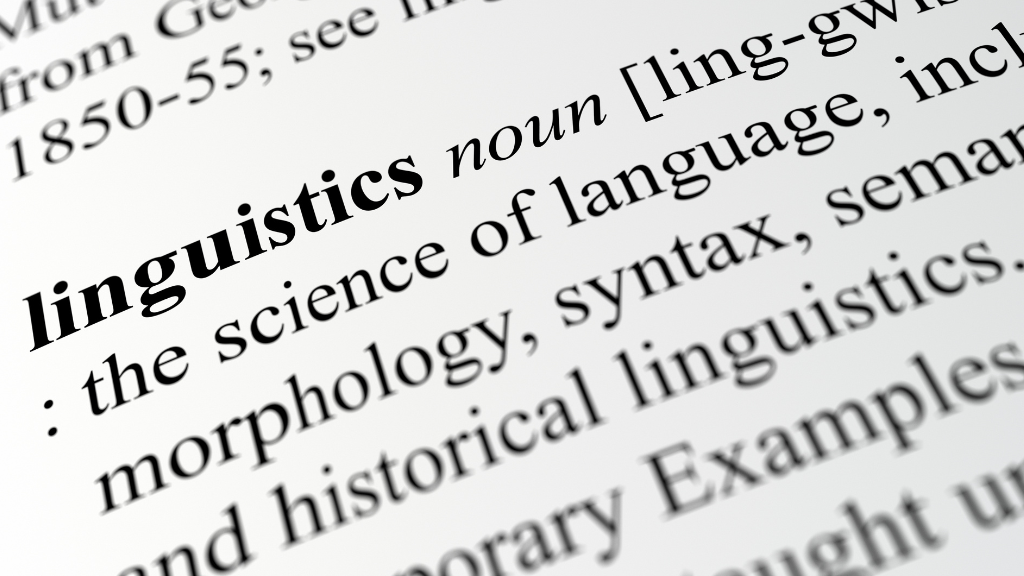On this 11-week course you will study different approaches to the analysis of the English language, gain a deeper understanding of how English works, and how we use it to communicate.
Course overview
The course covers:
- Phonetics and phonology – the study of English speech sounds and their patterns of use
- Morphology – the study of the structure of English words and how they are formed
- Syntax – the analysis of phrases and clauses and the rules for forming them in English
- Semantics and pragmatics – a focus on how we create meaning in English
- Social aspects of English language such as gender and English in the world
- How the English language works in longer stretches of spoken and written language.
Course timetable
This course will not run in Semester 2 2025-26.
The benefits of this course
Knowledge of linguistics is applicable to all languages and to a wide variety of fields of study and careers.
The course is open to all visiting and exchange students, but will be particularly relevant if you are studying languages, translation and interpreting, psychology, communication, computer science, literacy enhancement, or speech therapy.
Taking an elective course allows you to build a network of peers beyond those on your core course. It also provides a breadth of knowledge and experiences that reach beyond your core subject; you will be taught by specialist teachers in small groups, allowing you to really explore the subject matter in detail, with highly expert teachers to guide you.
Learning outcomes
By the end of the course, you will be able to:
- Identify and discuss the kinds of linguistic knowledge that all language users possess, i.e. word formation, sentence structure, meaning and the sound patterns of the language
- Use a variety of theoretical approaches to analyse the syntax of English
- Analyse and discuss informal spoken discourse in terms of linguistic theory
- Analyse and discuss formal (written and spoken) discourse in terms of linguistic theory
- Identify and discuss issues relating to sociolinguistics, pragmatics and the global use of English
You will build your skills in multiple areas, including:
- Problem analysis, research and reflection
- Independent and co-operative working
- Problem-solving
- Oral communication, including giving presentations
- Written communication
Taking the course for credit
This course carries five credits. To be awarded credits, a minimum of 80% attendance is required.
Information for home institutions
This elective course has been rigorously designed, and approved by the University of Bath Academic Registry. We strongly encourage visiting and exchange students to build networks and experience learning beyond their core course, and this credit-bearing course is an excellent way for them to do that.
The course is assessed via the following framework:
- Coursework (33%)
- Presentation (33%)
- Assignment (34%)
The Unit Board will convene at the end of the semester to review assessments and recommend results accordingly.
You can read the full syllabus for the course in our Unit Catalogue.
How to enrol
If you're already enrolled at the University, you can book a place in MySkills when enrolments are open.
If you have not yet arrived at the University but would like to join this course, please complete this form so that we can send you all the information you need when you arrive.
